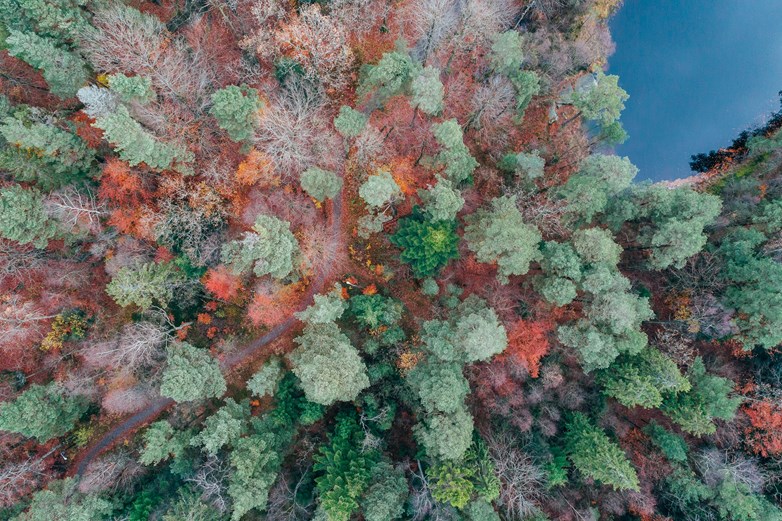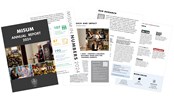Silent stakeholders and Earth Overshoot Day
The over-exploitation of nature has far-reaching consequences for our societies and economies and is a major benchmark for sustainable development. At Misum, PhD candidate Jenni Puroila’s research focuses on the many ways that nature impacts us and how sustainable development implies a re-thinking of our valuation of landscapes and land use in both environmental and social terms. Jenni studies socio-ecological relationships, particularly around economic practices around forests and other green landscapes:
"My research is still work-in-progress but my preliminary findings demonstrate a lot is at stake when landscapes change due to overuse and industrial practices. This is because nature affects us at so many different levels.
Before focusing on trees, I looked into assessment processes organizations use to define ‘what matters’ in sustainability as part of their reporting practices. This requires taking into consideration various opinions and views on what we care about and why. This led me to become interested in exploring ’silent stakeholders’ such as our natural environment. I decided to focus on the relationships between humans and non-human nature, especially forests and trees.
There are wonderful less explored opportunities and benefits related to the forests and other green landscapes which protection and preservance and respectful use can open up. As part of my research I explore some of the alternative nature-based economic practices such as nature-based therapy and healing forms and how they broaden up the narrow resource-based view of nature. I also explore how increasingly changing landscapes affect our relationship with and our evaluation of nature. My research is inspired by eco-critical studies with methodological approaches which take into account non-human, here trees as important in constituting part of the relationship.
Some environmental philosophers argue that our relationship to the natural world influences how we treat it. Disconnection to the natural world can be seen as a cause for both environmental destruction and mental illnesses. While being a basic resource for all life on Earth (as recognized by the so-called ecosystem services-concept, see box below), green landscapes mean so much more to many of us than just pulp or timber resource: Their socio-cultural and spiritual values and the positive effects on health and well-being are increasingly recognised and seen as a legitimate alternative, non-extractive uses of green landscapes.
What motivates me in what I’m doing is the love and worry towards the natural environment. I have always felt range of emotions towards nature and with the nature. I have moved quite many times in my life, and while many things might change, the attachment to those places and landscapes can remain. Thus along with my research, I am also processing my own relationship towards nature."
Ecosystem services are benefits humankind receives from ecosystems. They are generally categorized into four major types: provisioning services (food, fiber, freshwater); regulating services (pest regulation, pollination, water purification); supporting services (nutrient cycling, soil formation, photosynthesis); and cultural services (recreation, tourism, aesthetic values) (MEA, 2005).




